Post
A catch
Save a catch to start your fishing logbook. You will be able to to share it with the community if yo want!
A fishing trip
Post an ad to go fishing with other fishermen
Save a catch to start your fishing logbook. You will be able to to share it with the community if yo want!
Post an ad to go fishing with other fishermen
Share a thought, a question with the community
My favorite cities
×Join our 544 fishermen and our 3 cofishermen in Quedgeley in Gloucestershire. The fishing forecast is currently 3.3. The most caught fishes here are seabass, the turbot fish, the pollack fish and the brill fish. Come try the most famous fishing techniques like the tips on material for mullet fly fishing, fly fishing for trout, the bolognese fishing or fishing with bombette.
Our fishing forecast of Quedgeley indicates the best time to go fishing in this city.
Seabass
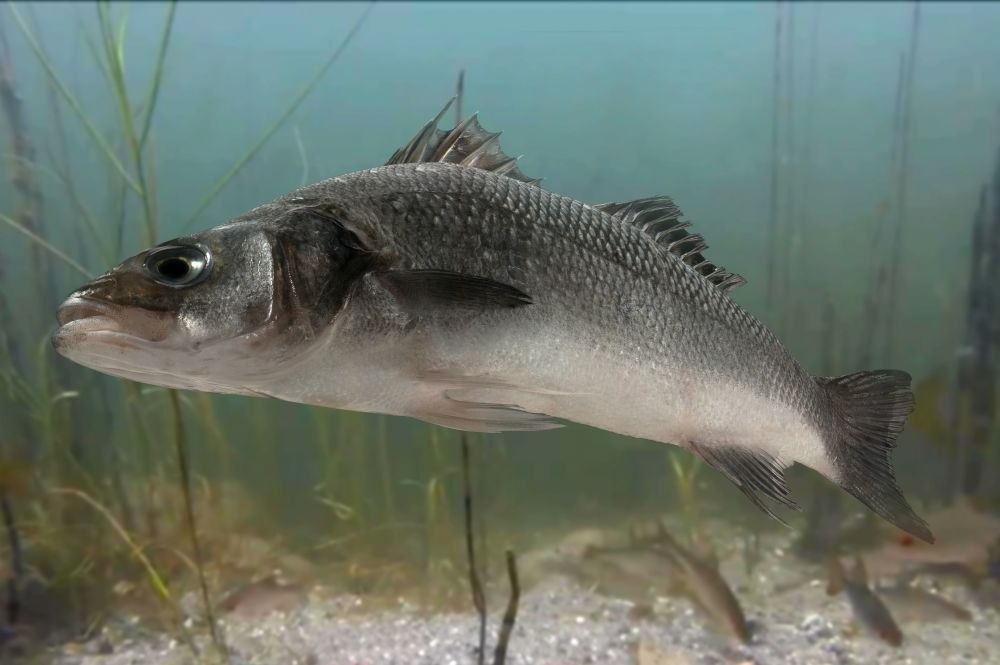
The Seabass belongs to the Moronidae family. Its size is usually between 70 and 80 cm (1.10 m maximum). The life expectancy of the seabass is variable: about thirty years in an aquarium, 24 years in Ireland, 6 years maximum most often in the Mediterranean. Breeding takes place between December and March or January to May depending on the location. The female lays 200,000 eggs at once. The body of this fish is elongated and slightly compressed. The two dorsal fins (the first thorny and the second soft) are well separated and have almost the same length and height. The anal fin is composed of 10 soft rays preceded by 3 thorny rays. The caudal peduncle is quite elongated and the caudal fin is indented, with an upper lobe often slightly longer than the lower lobe. The pectoral fins are short. The upper part of the head is quite straight, the upper jaw is a little shorter than the lower jaw. The operculum may have a more or less visible black spot in its posterior upper part. The scales are small in size but clearly visible. The lateral line is slightly arched in the front part of the body. The back is grey in color, the sides are lighter, with yellowish or silvery reflections. The pectoral and ventral fins are yellowish white; the others are darker. Mostly in young individuals, black spots may be present in the dorso-ventral region.
Seabass is a famous fish you can catch in Quedgeley.The Turbot Fish
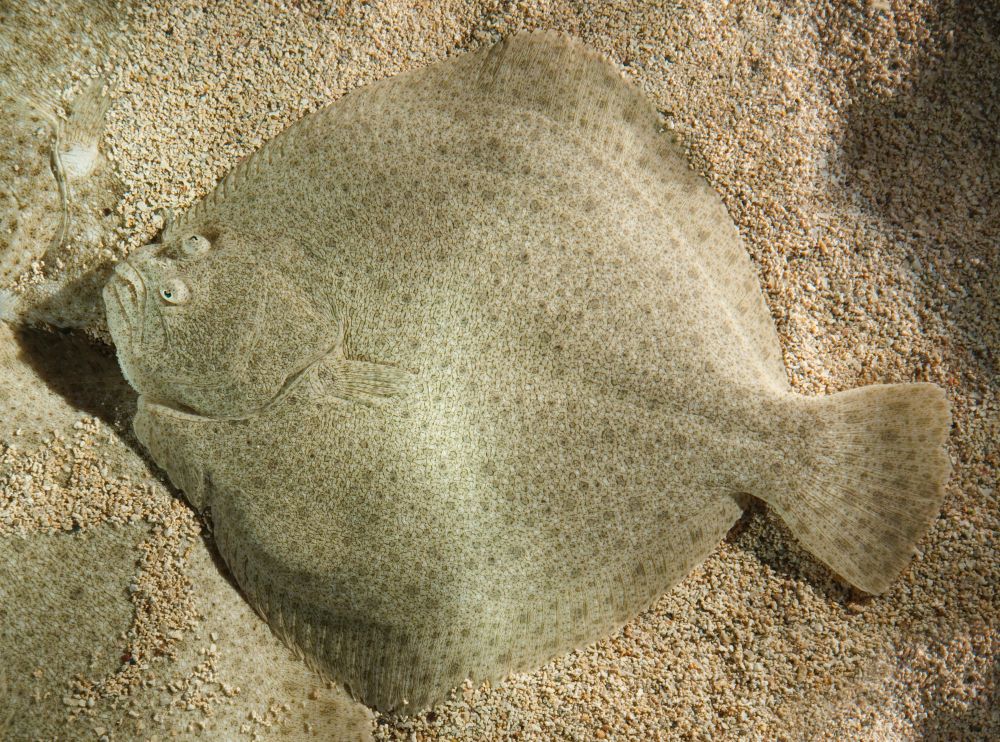
The turbot fish belongs to the Scophthalmidae family. When mature, the average size of the turbot is 30 to 60 cm. In general, males are smaller (35 cm) than females (42 cm). Some individuals can reach a maximum height of 1 m. An adult turbot weighs an average of 6 kg. Exceptionally, some specimens can weigh up to 25 kg. This fish has a long lifespan, the male can live up to 20 years while the female, up to 25 years The breeding period is between February and April. The female can lay up to 3 million eggs. Turbot is caught from January to May. The Turbot is a flatfish, left-handed or senestral, i.e. it rests on its right side (bottom side, blind) and has its left side facing upwards (top side). The origin of the dorsal fin is in front of the eye and its first rays are unbranched. The upper surface is covered with scattered bone tubers (transformed scales). This feature gives it its common name of studded. The eyes are relatively far apart (the distance between them is greater than the diameter of one eye). The lateral line is very curved at the pectoral fin. Like most flatfish, the livery is of variable color, in homochrome with the bottom. It can have many round white to black spots.
The Turbot Fish is a famous fish you can catch in Quedgeley.The Pollack fish
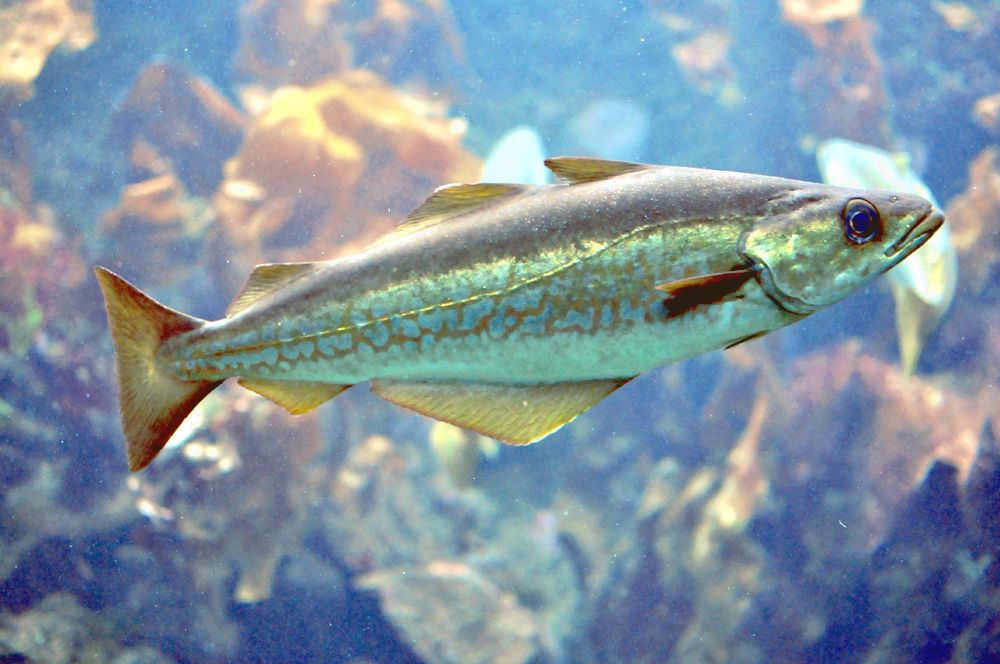
The Pollack fish belongs to the Gadidae family. Its size can reach 1.40 m for an average of 60 to 80 cm. The Pollack grows very quickly and lives between 8 and 10 years, while most pelagic fish have a lifespan of more than 20 years. Reproduction takes place in February March. Fertility can reach 4 million eggs. It can be fished all year round. Elongated body, covered with small scales, orange-yellow color, darker on the back, marbled in young individuals, bright yellowish white in adults. Prominent lower jaw, big eye. The dark-colored lateral line is curved at the pectoral fins, which makes it easily distinguishable from the black locus (Pollachius virens) in which it is straight. The Pollack, like many Gadidae, has three clearly triangular dorsal fins and two anal fins. It is one of the few Gadidae that does not have chin barbells. Juveniles are rather reddish brown with longitudinal stripes of blue-grey.
The Pollack fish is a famous fish you can catch in Quedgeley.The Brill fish
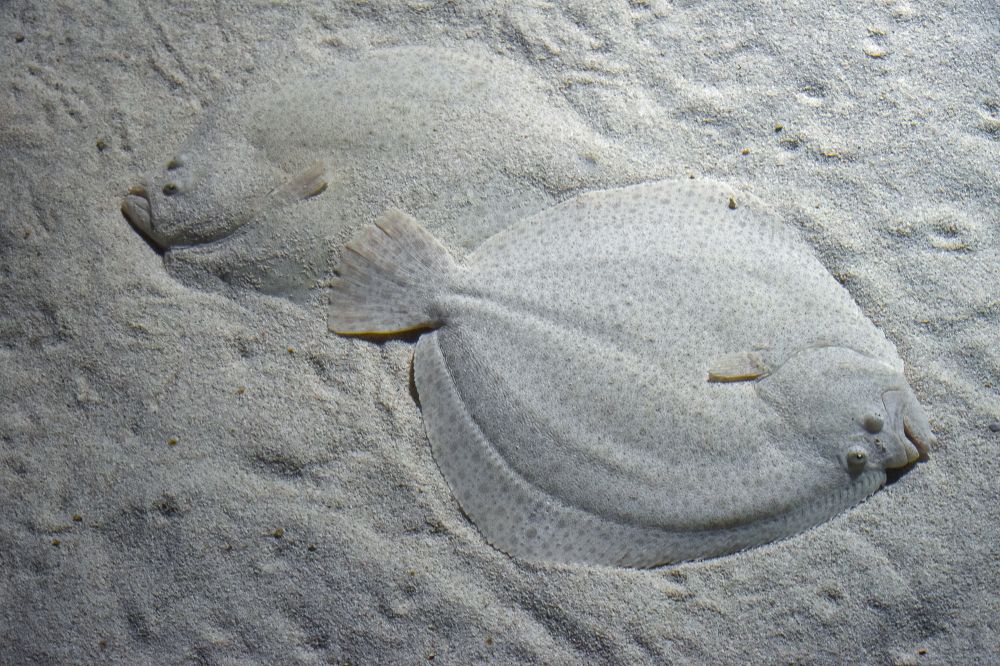
The brill fish belongs to the Scophthalmidae family. The minimum size of capture is 30 cm but can reach 75 cm for 6 kg. He can live up to 3 years. It breeds from late spring to early summer. The female can lay up to 15 million eggs. It can be fished all year. The brill has an oval body. It rests on its right side and has its left side. Thus, when placed with the head facing left, both eyes are located above the mouth. Its common name of brill comes from a particularity of its dorsal fin, whose origin is far in front of the eye and whose first rays are free and branched. The distance between the two eyes is greater than the diameter of one eye. The lateral line is very curved at the pectoral fin. As with many flatfish, the coloring is variable and depends on the biotope. The brill is indeed capable of homochromia, i.e. to match the color of the background. The coloring is rather brown, more or less speckled, and also varies according to the environment on a live fish. It has many round spots whose edges are incomplete rings of darker colors. The blind side is whitish.
The Brill fish is a famous fish you can catch in Quedgeley.The Dab fish
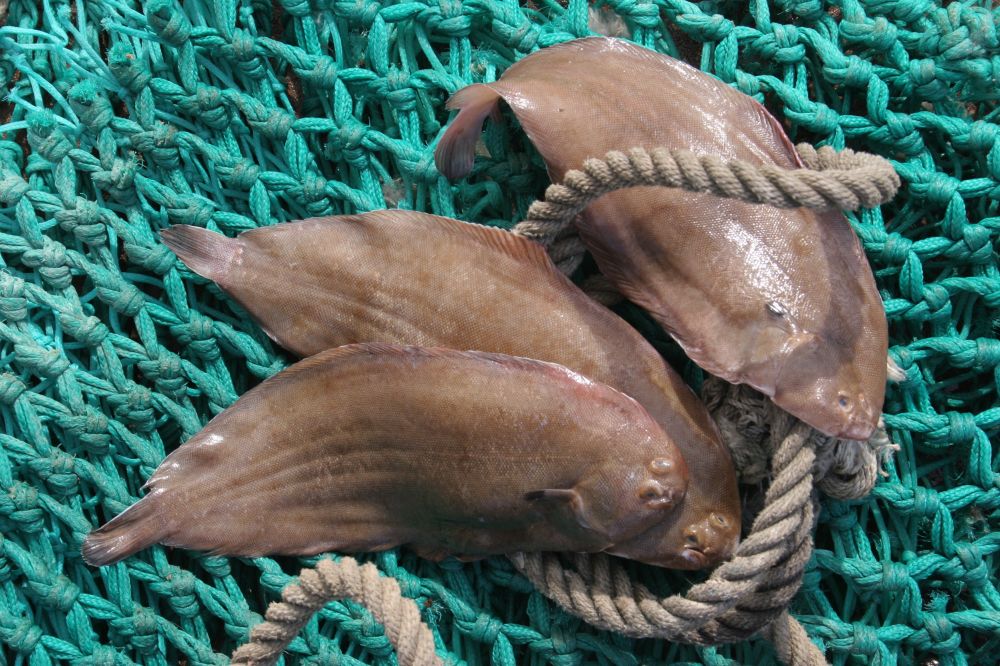
The Dab fish belongs to the Pleuronectidae family. It has an average size of 25 to 40 cm with an average weight of 1 kg. It has a lifespan of 12 years. The Dab fish breeds from February to April. The female lay up to 150,000 oocytes. The Dab fishing is open from October to Mars. the minimum catch size is 25 cm. The Dab fish, scientifically named Limanda Limanda, is a teleosteal species that belongs to the pleuronectidae or flatfish family. It has a flattened body with a more or less oval shape. The eyes of this dexterous fish are both generally located on the right side. The animal has a tiny mouth with small teeth. Its lateral line is curved at the pectoral fin. A characteristic feature that allows it to be easily distinguished from other species with similar morphology such as flounder. Thin scales cover the upper surface of the flounder, making its skin rough to the touch. The back is golden or yellowish brown in color and has dark spots. The belly or blind face is white. Varying from beige to light brown, the general color of dab allows it to blend in with the backgrounds.
The Dab fish is a famous fish you can catch in Quedgeley.Our fishing forecast of Quedgeley indicates the best time to go fishing in this city.
Our fishing forecast of Quedgeley indicates the best time to go fishing in this city.
Our fishing forecast of Quedgeley indicates the best time to go fishing in this city.
